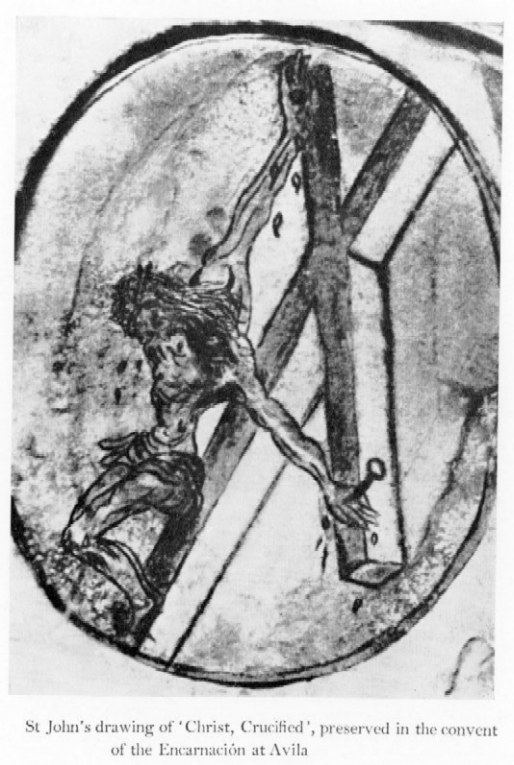“They (spiritual aspirants) develop a somewhat vain at times very vain-desire to speak of spiritual things in others’ presence, and sometime even to instruct rather than be instructed; in their hearts they condemn others who do not seem to have the kind of devotion they would like them to have” (DN 1.2.1).
Interestingly, the devil is observant of such matters and is intent not to see a soul enter more genuinely on the spiritual path of humble self understanding. Saint John of the Cross says that at times the devil may inspire a person to an increased fervor of devotion and a greater readiness to perform good works precisely to swell and expand the pride of the soul. This is certainly not our usual expectation. In these souls, as well, relations with authority, whether in religious life or in spiritual direction or with the Church herself, begin possibly to show tensions. The persons want approval and esteem for their apparent spiritual quality. They assume that this elevated quality must be seen by others, for it is quite visible to themselves, and so should be acknowledged and respected. And with that respect, writes Saint John of the Cross, should come permissions and encouragement to pursue their own preferential path to God. They have sharp opinions on what they think is best for their own spiritual advancement and, perhaps, strong opinions about areas of spiritual concern in a congregation or in the Church. If this encouragement is not forthcoming to confirm them in their preferences or their opinions, “they quickly search for some other spiritual advisor more to their liking, someone who will congratulate them and be impressed by their deeds; and they flee, as they would death, those who attempt to place them on the safe road by forbidding these things and sometimes they even become hostile toward such spiritual directors” (DN 1.1.2.3). “Saint John of the Cross: Master of Contemplation” by Father Donald Haggerty





Recent Comments